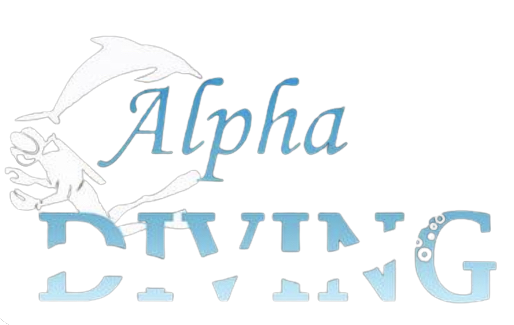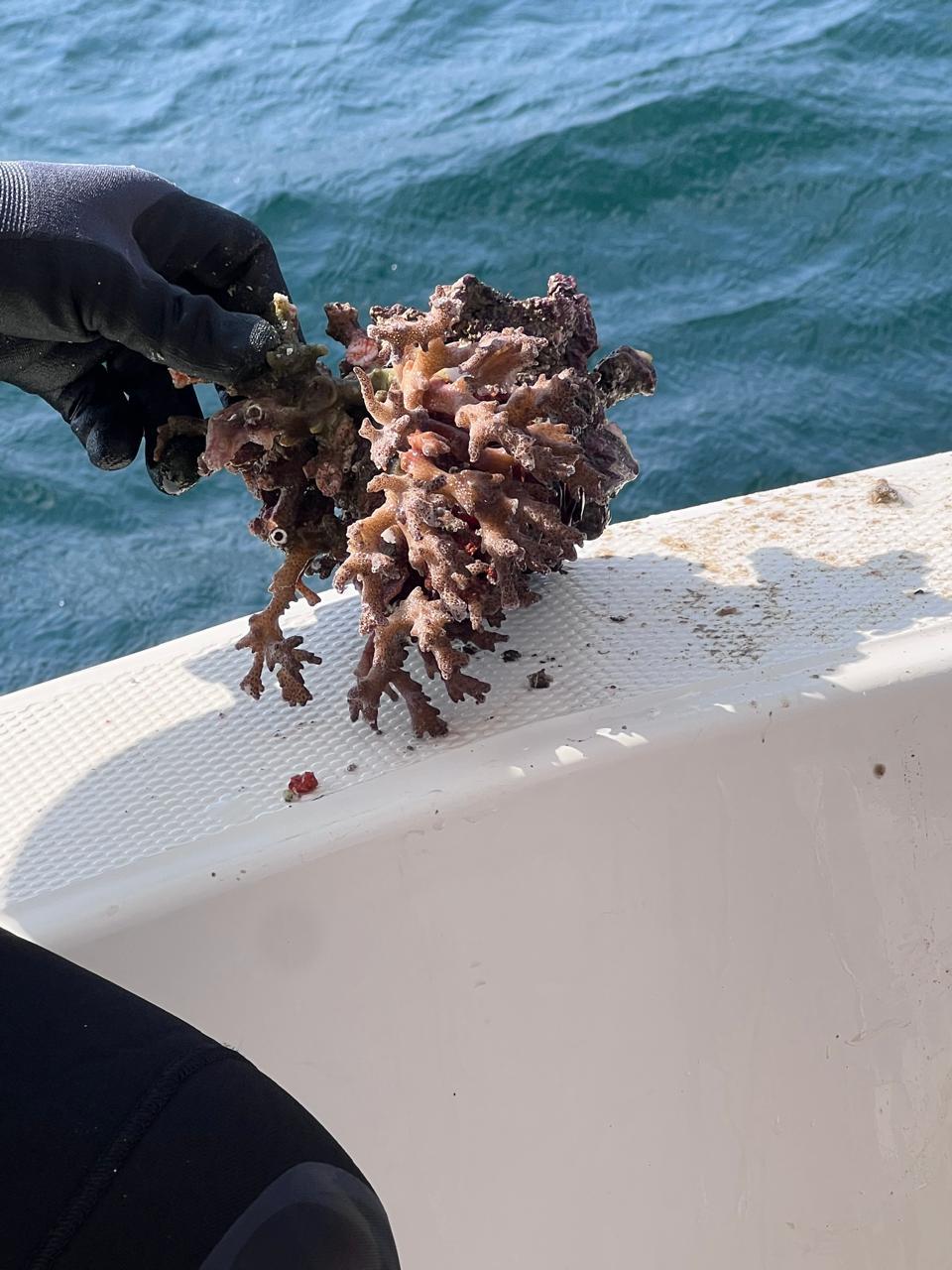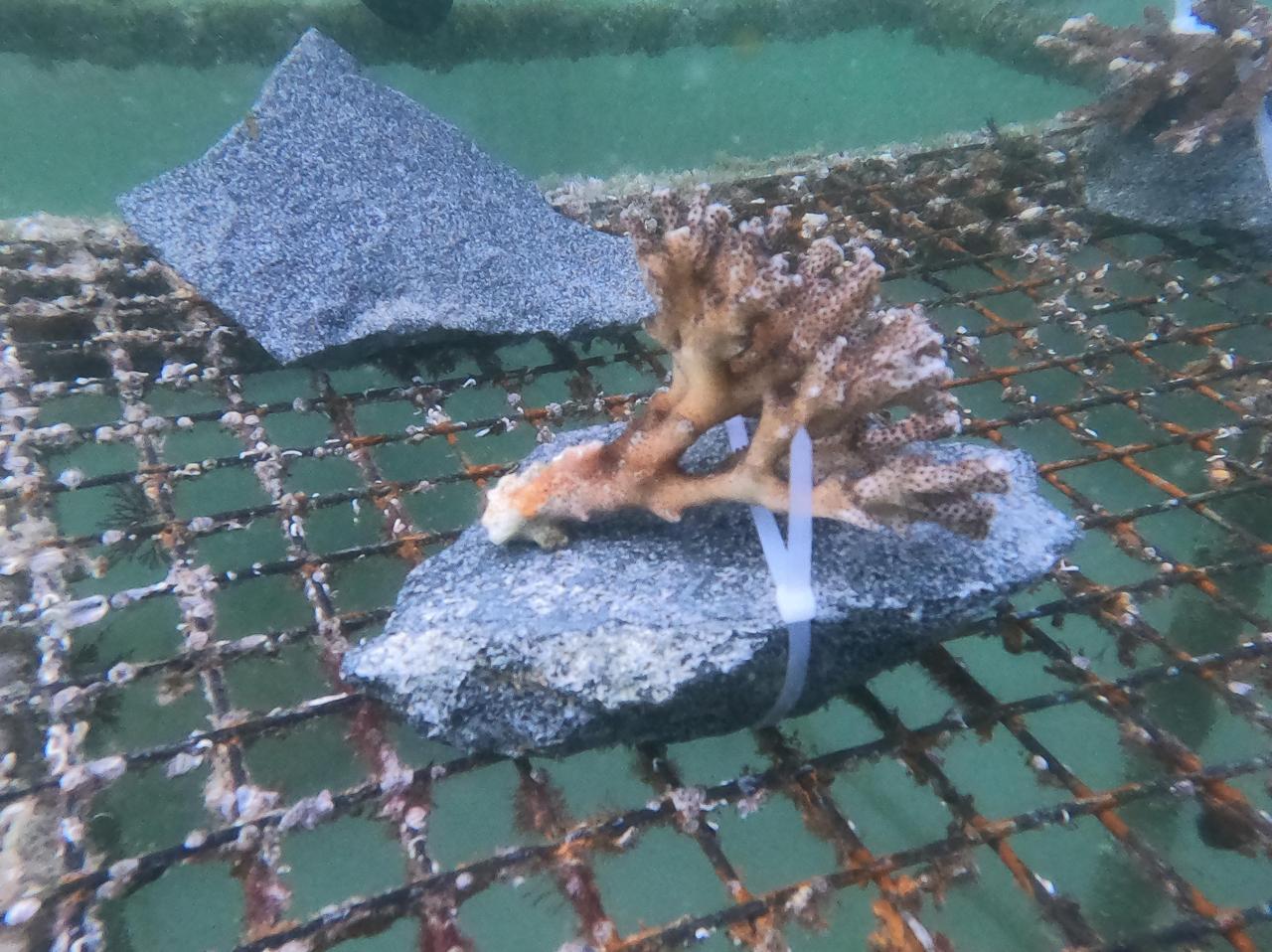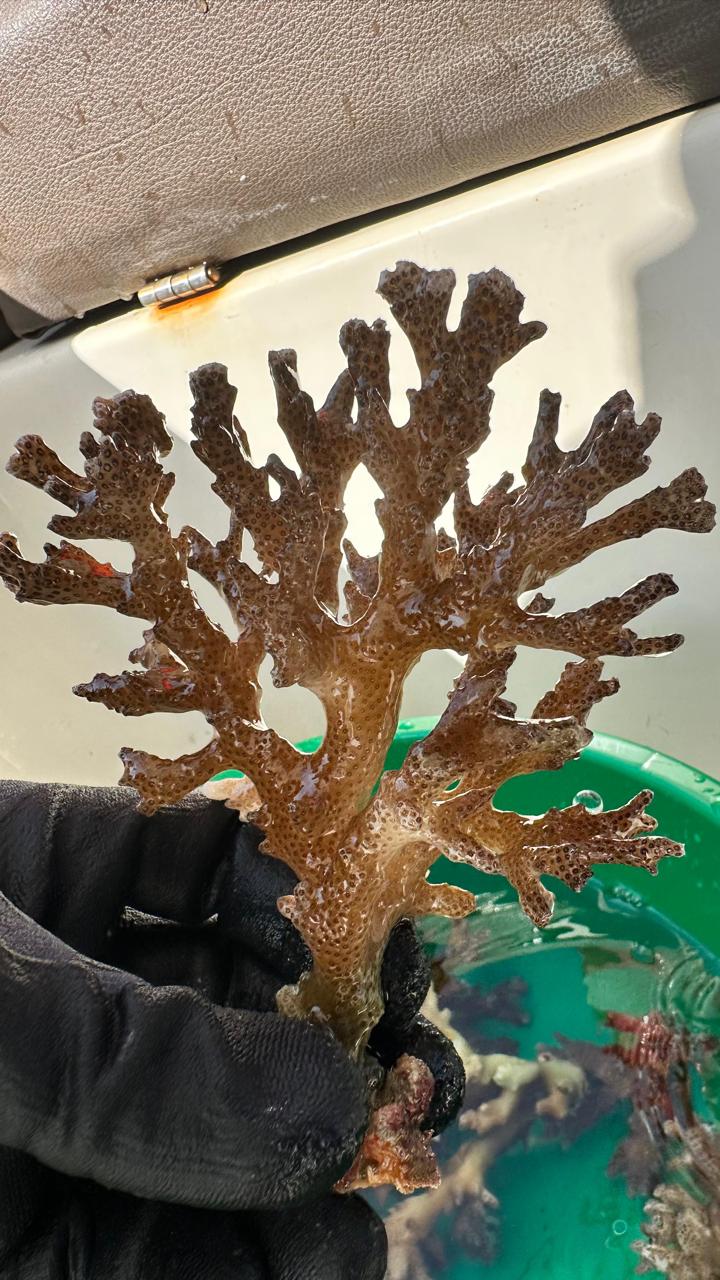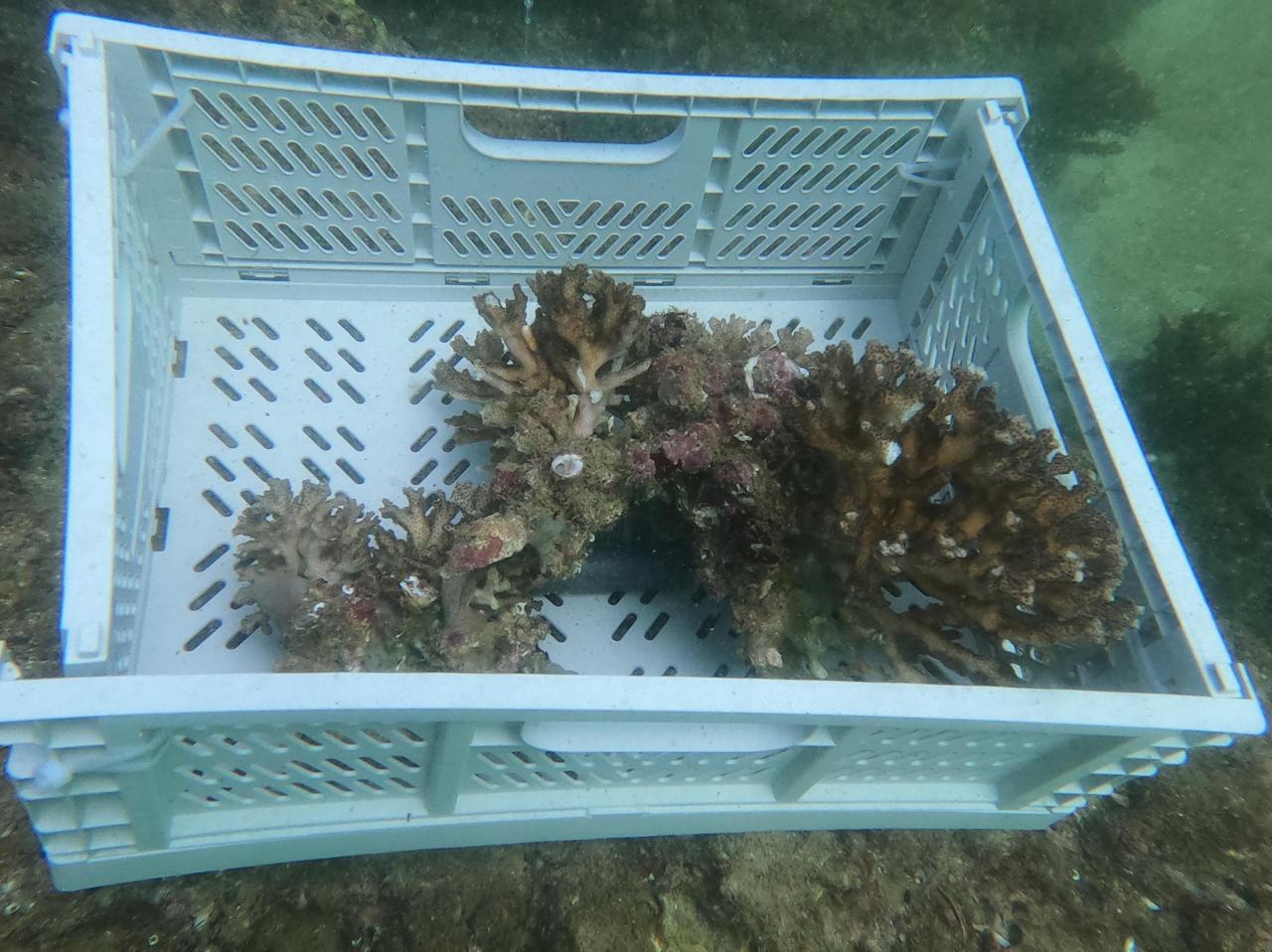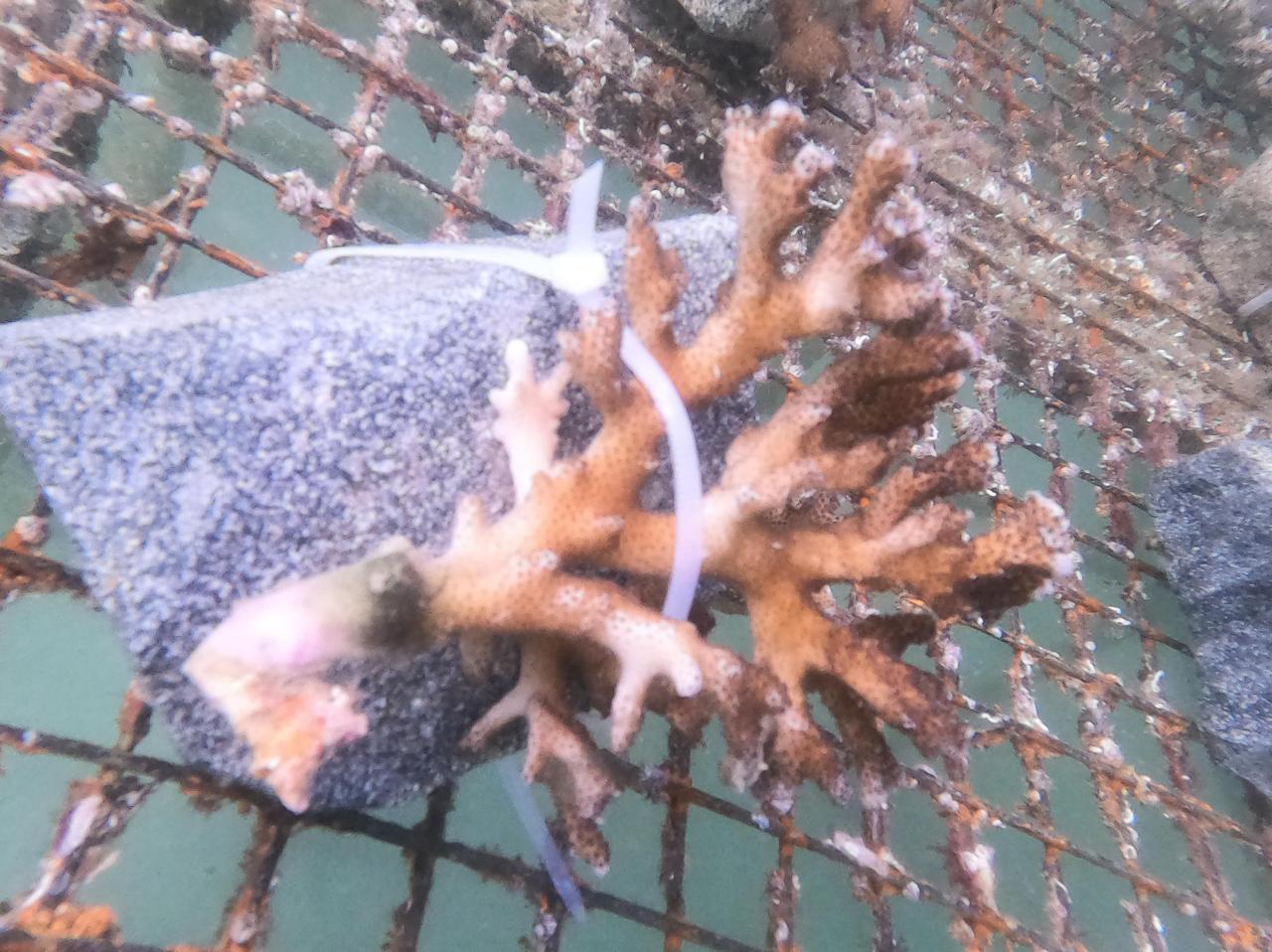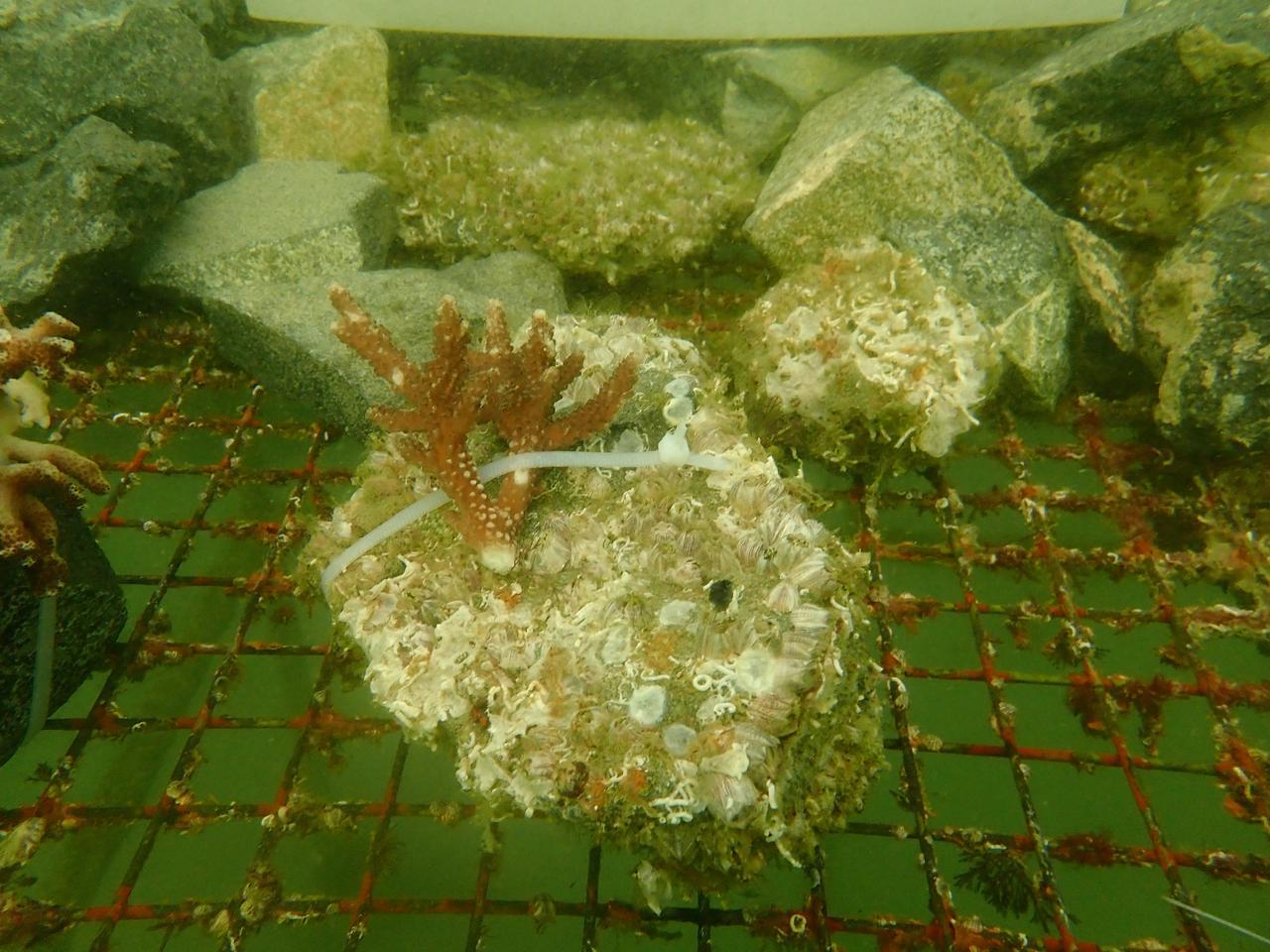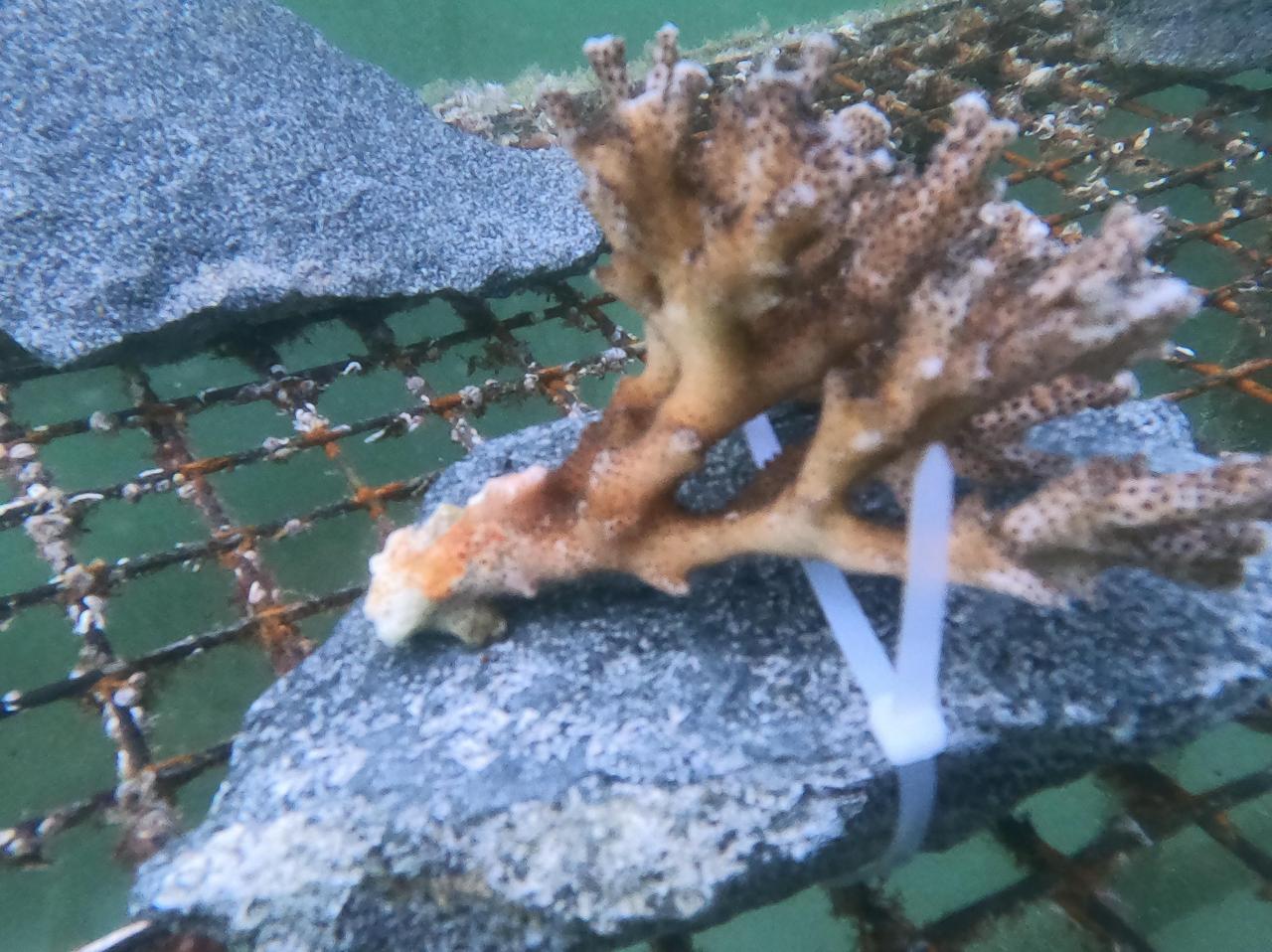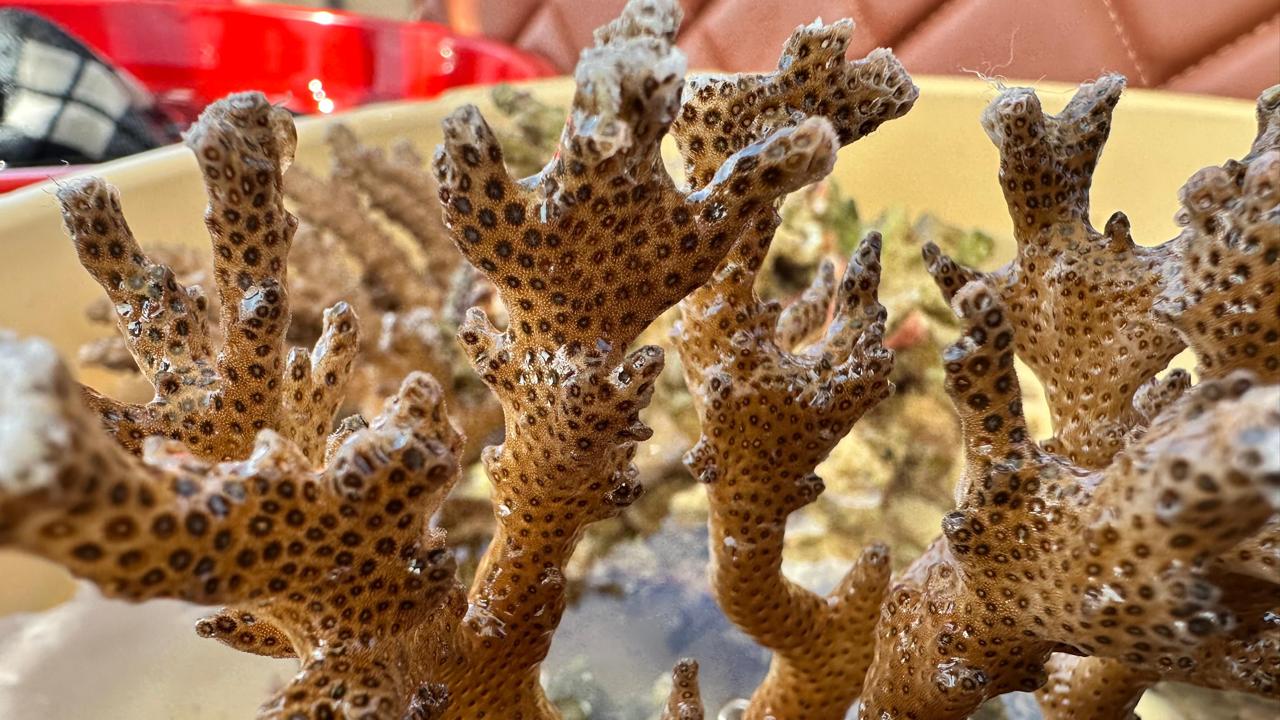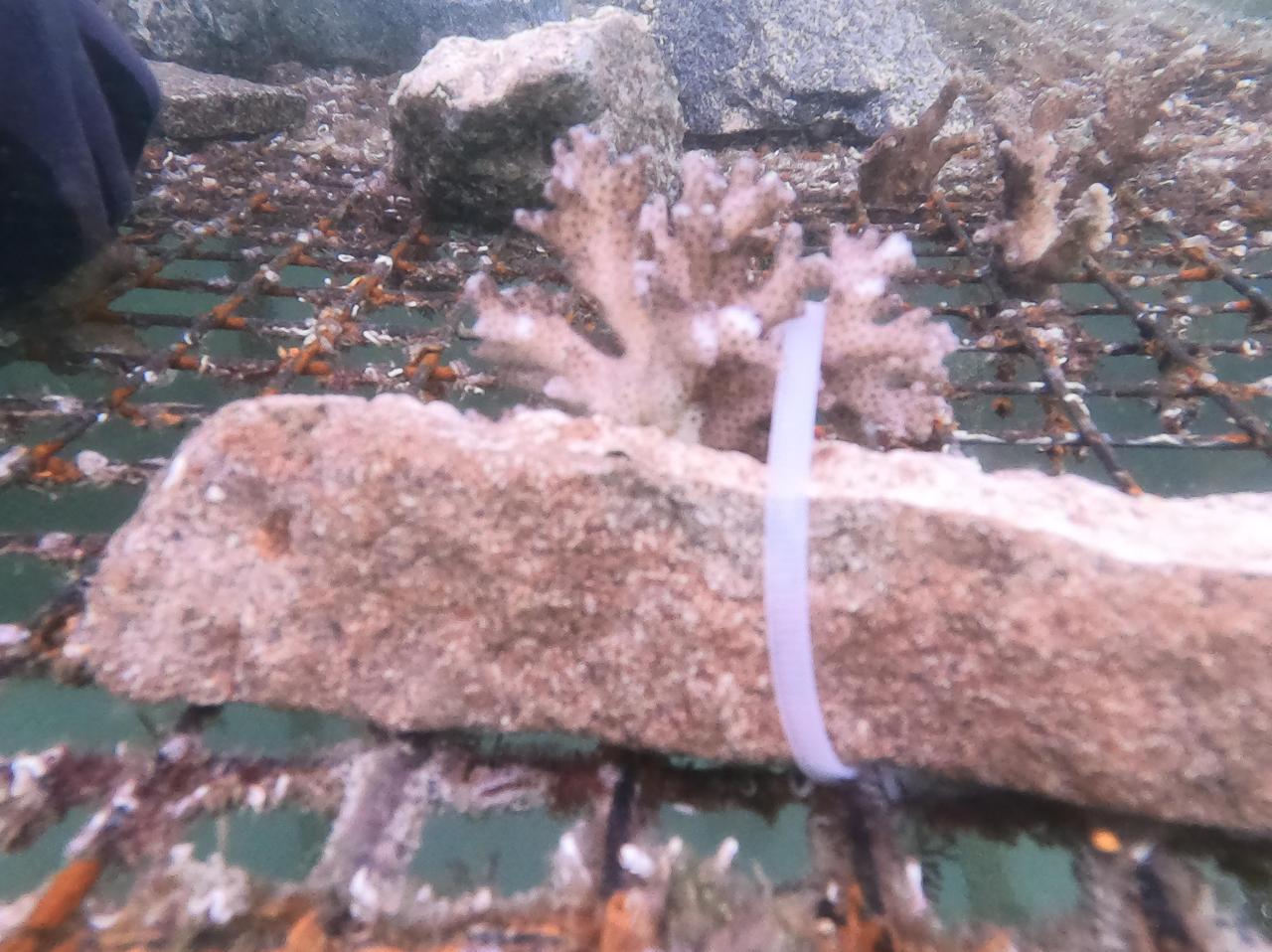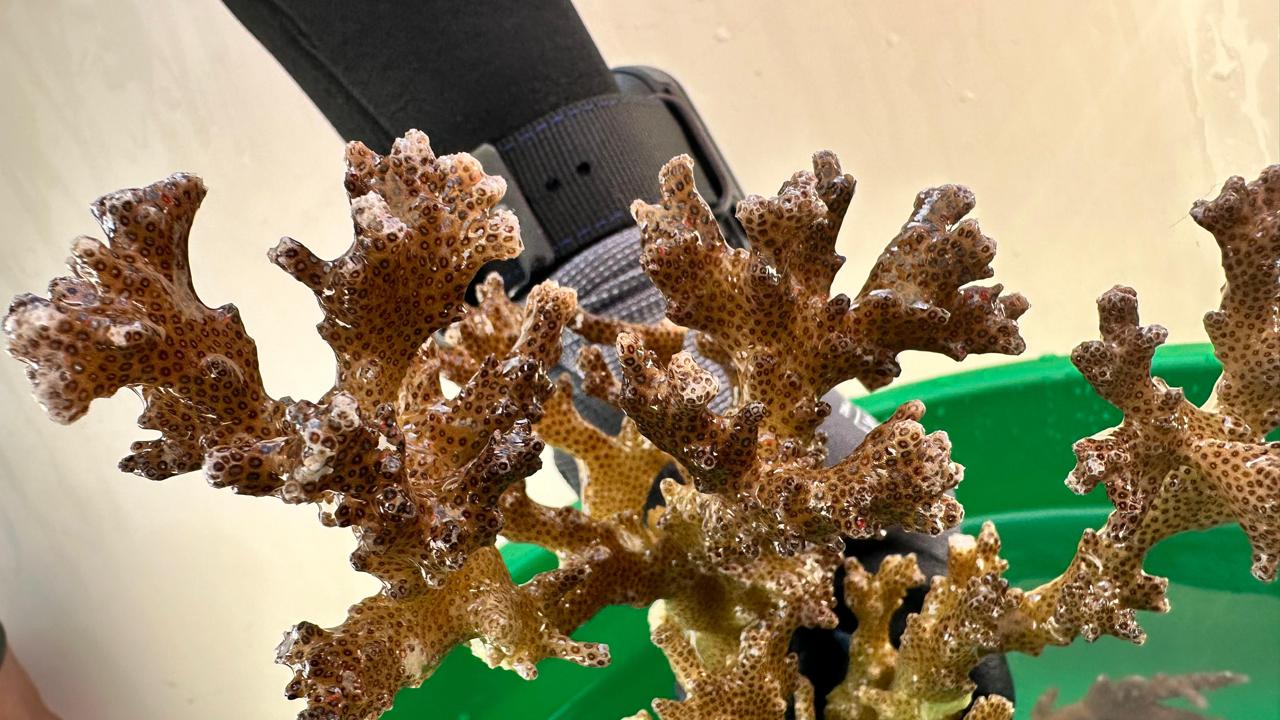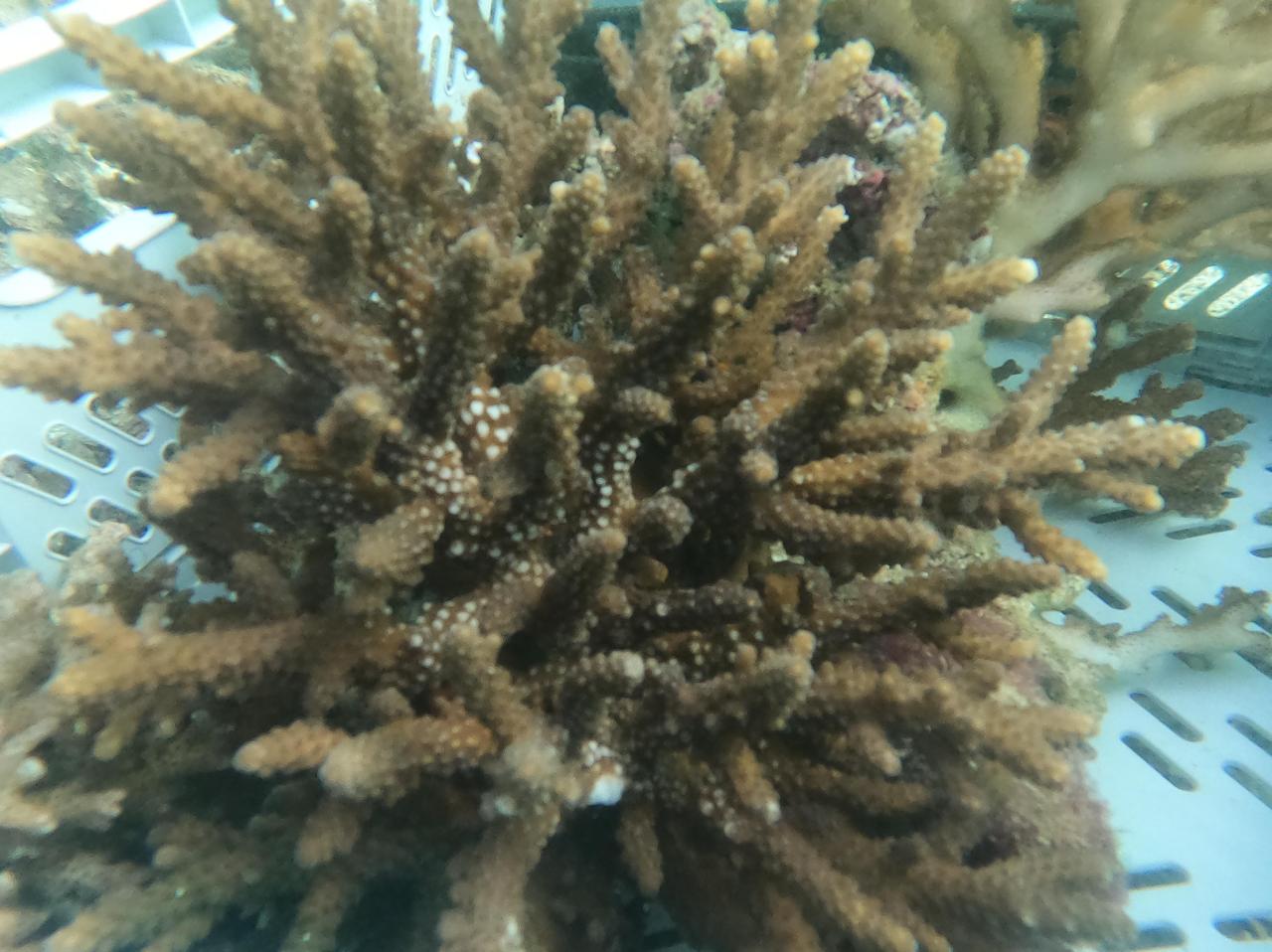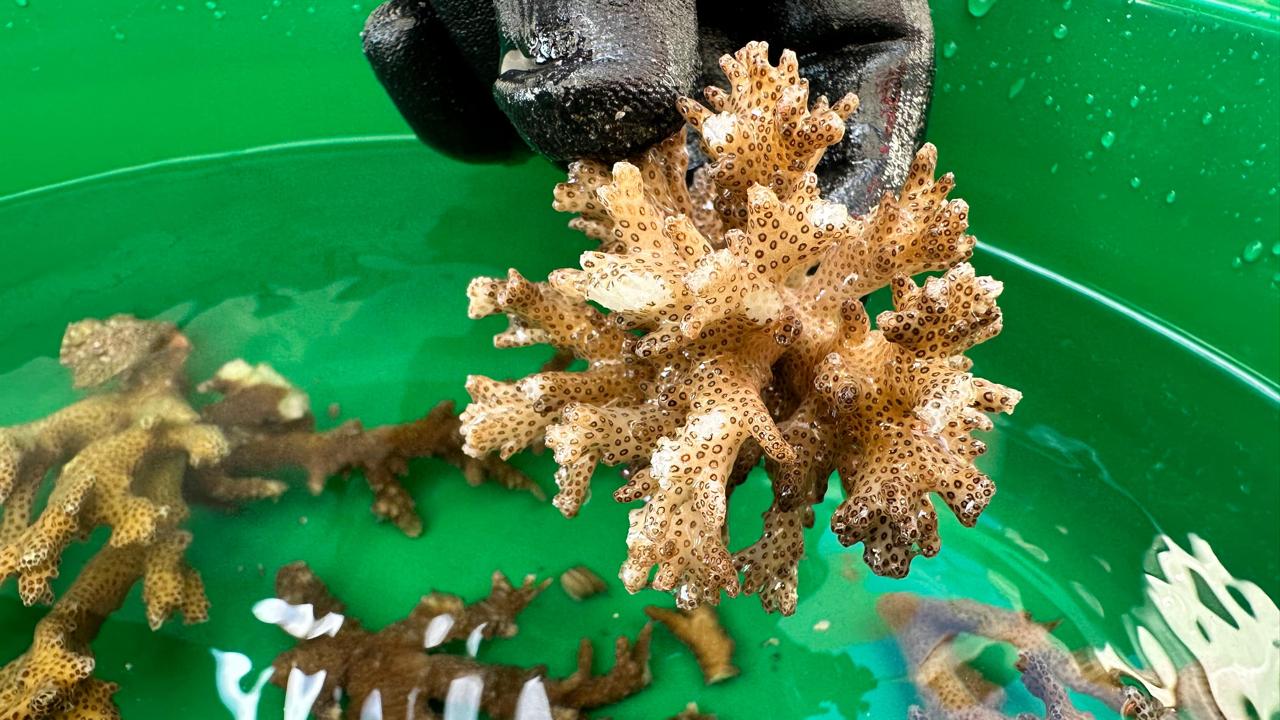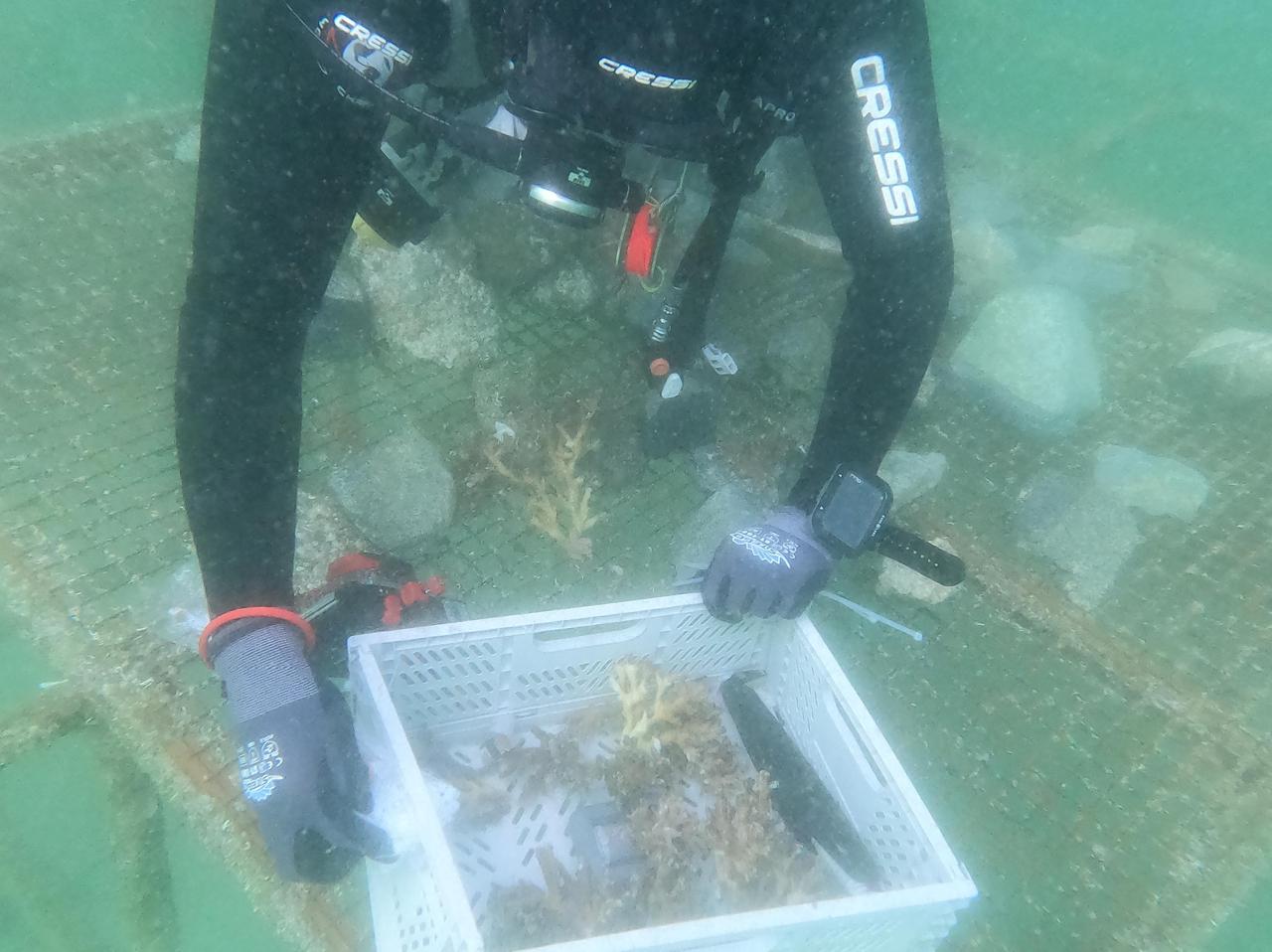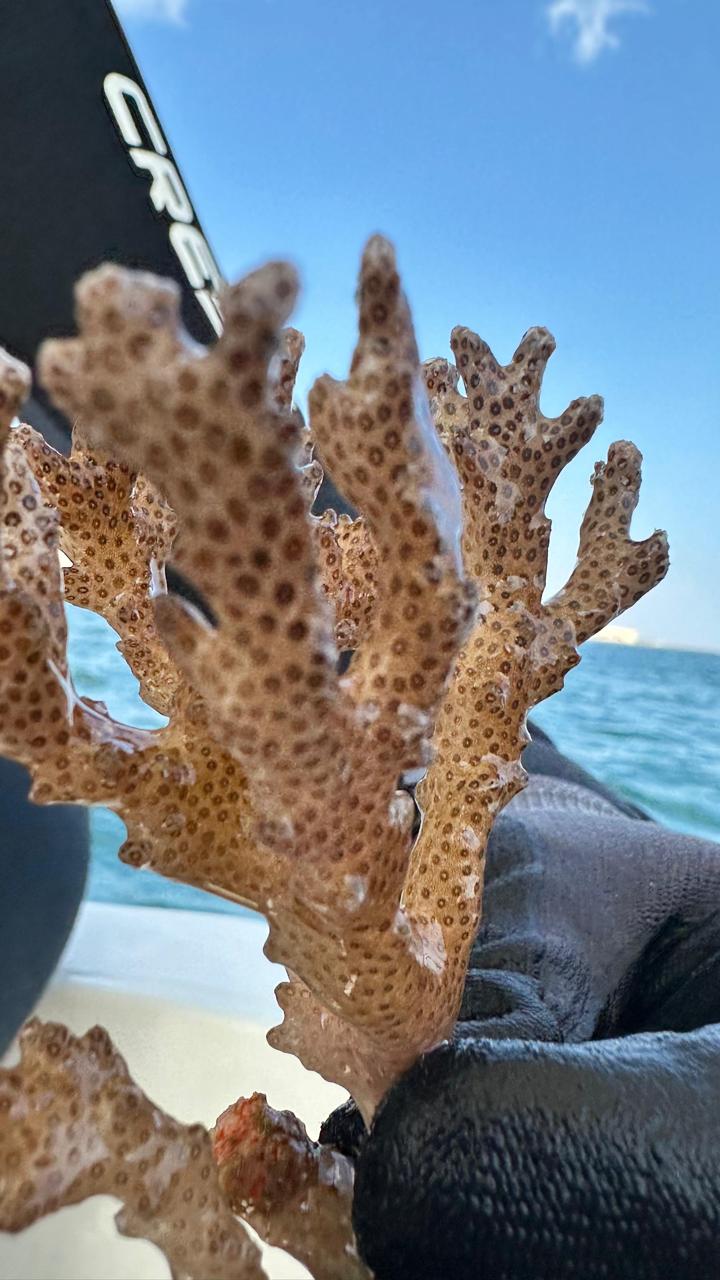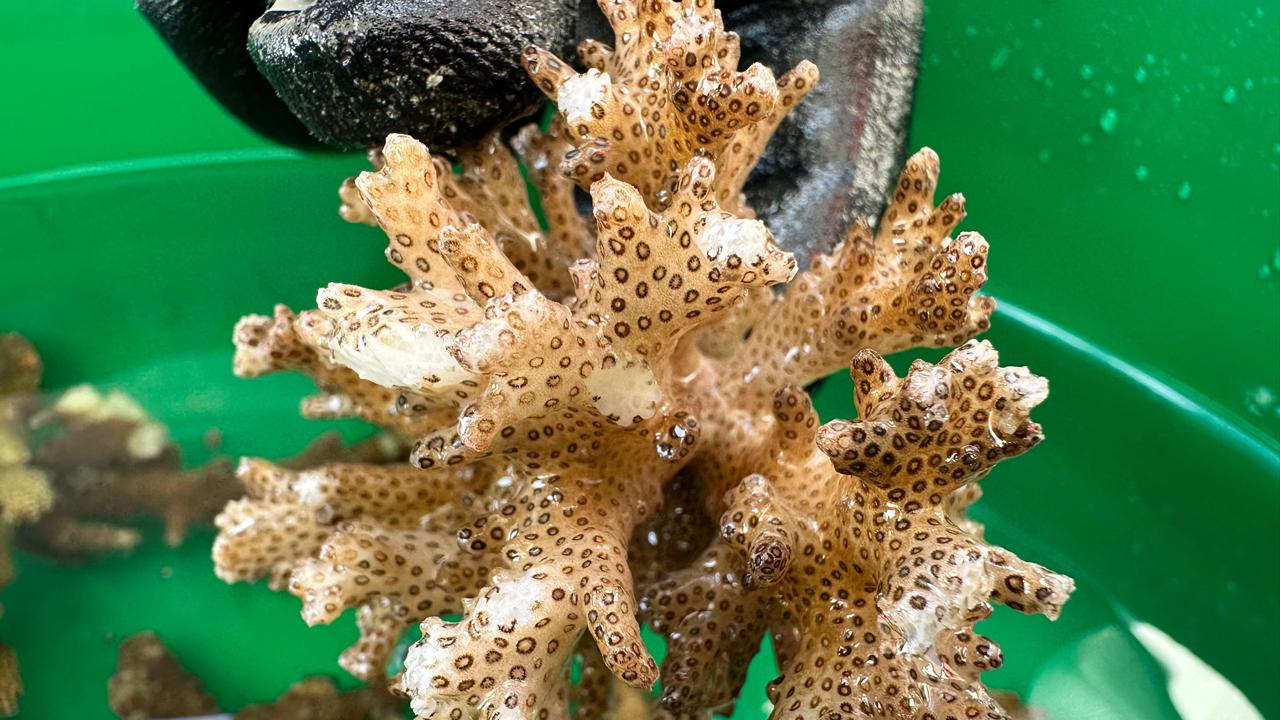In a pioneering step for marine conservation, an innovative project has been launched that combines modern scientific techniques with traditional practices to restore coral reefs and enhance biodiversity. This project differs from conventional artificial reef methods by utilizing natural materials.
Project Values:
1- Use of Eco-Friendly Natural Materials:
- Utilizing 100% natural and bio materials
- Reducing reliance on synthetic alternatives.
- Supporting the circular economy through resource reuse.
- Lowering waste management costs.
2- Reviving Marine Ecosystems:
- Providing essential habitats for marine organisms.
- Promoting natural coral reef growth and reproduction.
- Increasing biodiversity in targeted areas.
3- Long-Term Environmental Sustainability:
- Using widely available natural resources.
- Improving the health of marine ecosystems.
4- Efficient Deployment and Execution:
- Easy deployment of reef structures from boats using simple equipment.
- Reducing operational and logistical costs.
- Minimizing environmental risks from heavy machinery use.
Advanced Monitoring and Assessment Techniques:
1- Efficient Deployment and Execution:
- Monitoring water quality and providing real-time data.
2- Use of Remotely Operated Vehicles (ROVs):
- Collecting high-resolution visual data.
- Reducing human intervention in challenging conditions.
3- Field Monitoring and Scientific Surveys:
- Identifying marine species.
- Enhancing data collection for informed environmental strategies.
Social Responsibility and Community Engagement:
- Citizen Science : Engaging youth, volunteers, academics, and governments.
- Collaboration with land based waste collecting and recycling.
- Education and Awareness : Training individuals on marine conservation and developing their skills.
Project Vision:
- Combining traditional practices with modern scientific techniques to restore coral reefs.
- Strengthening the human-ocean connection through sustainable practices.
- Inspiring local communities and future generations to actively participate in ocean protection.
“We are not only addressing environmental challenges but also bringing marine ecosystems back to life in a sustainable and innovative way.”
Project Leadership
Engineer Ahmed Nabil (IUCN Coral Reef Expert):
- Implementing innovative scientific methods.
- Achieving measurable results that demonstrate positive impacts on reefs and ecosystems.
- Setting global standards for coral reef restoration efforts.
Conclusion
This project represents a significant step forward in preserving marine biodiversity by leveraging natural resources and World class project management techniques, contributing to marine conservation and fostering sustainable development for future generations.

